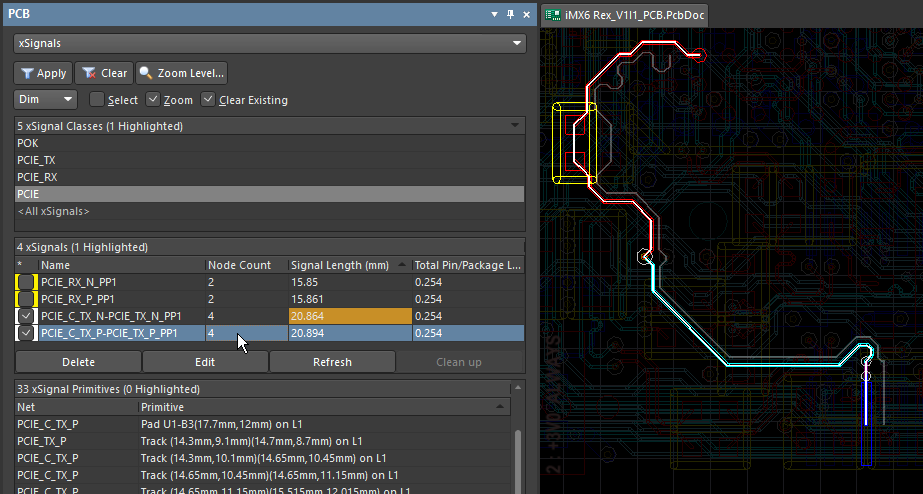AMD Memory Tweak is the leader of the enterprising world. And it leads using a constitution. Unlike the traditional political structure, this constitution is Algorithms written by engineers, scientists, etc and not congressmen and politicians.
The global competition is largely who has the best technical group to write the best one; in this case, Algorithms, that comprise of patents, technical processes, tools, and so on. As a nation develops, adopts, applies and diffuses appropriately the contents of this constitution, it elevates the lives of its citizens. The more innovation a nation pursues, the more it refines this constitution.
Economists have shown a correlation between Knowledge Economy Index (KEI), productivity and standard of living. The challenge for any nation is to improve its KEI number. Doing that involves good education, economic regime and other variables that help to improve technology capability.
The age of natural resources dominating global commerce and industry is gone. What matters now is creating knowledge and applying it. Some nations will create, others will merely consume. But wealth is concentrated at the creative stage and nations that focus on consuming, without creating technology will not prosper.
Even with abundance of natural resources, which in many instances, the consuming nations cannot independently process without the knowledge partners will not change this trajectory of limited national wealth without technology creation.
On this basis, I separate the two layers where nations use and compete with technology as upstream and downstream layers. It is like a two layer pyramid where the downstream is at the bottom with the upstream seated on top. What happens here is that some nations focus on the downstream layer while others combine both the downstream and upstream layers.
The most advanced nations combine the two layers as they seek international competitiveness. They provide technology roadmap that looks at the future and have plans to take advantages that technology brings. They create and develop things and in the 21st century are classed as knowledge driven economies. In those nations, there is planning for continuity and technology succession.
For the other nations, usually developing, they compete at the technology pyramid primarily at the downstream layer. They lack the know-how to create things and commercialize technology intellectual properties. The nations are not driven by technology, rather commodities. They are prone to trade shocks and are usually economically non-vibrant. They fail to create wealth using technology and participate in the pyramid as consumers or prosumers.
Let me illustrate using Nigeria where they speak the language of petroleum. In the petroleum industry, there are the downstream and upstream sectors. While the upstream focuses on exploration of crude oil, downstream does the distribution and marketing.


